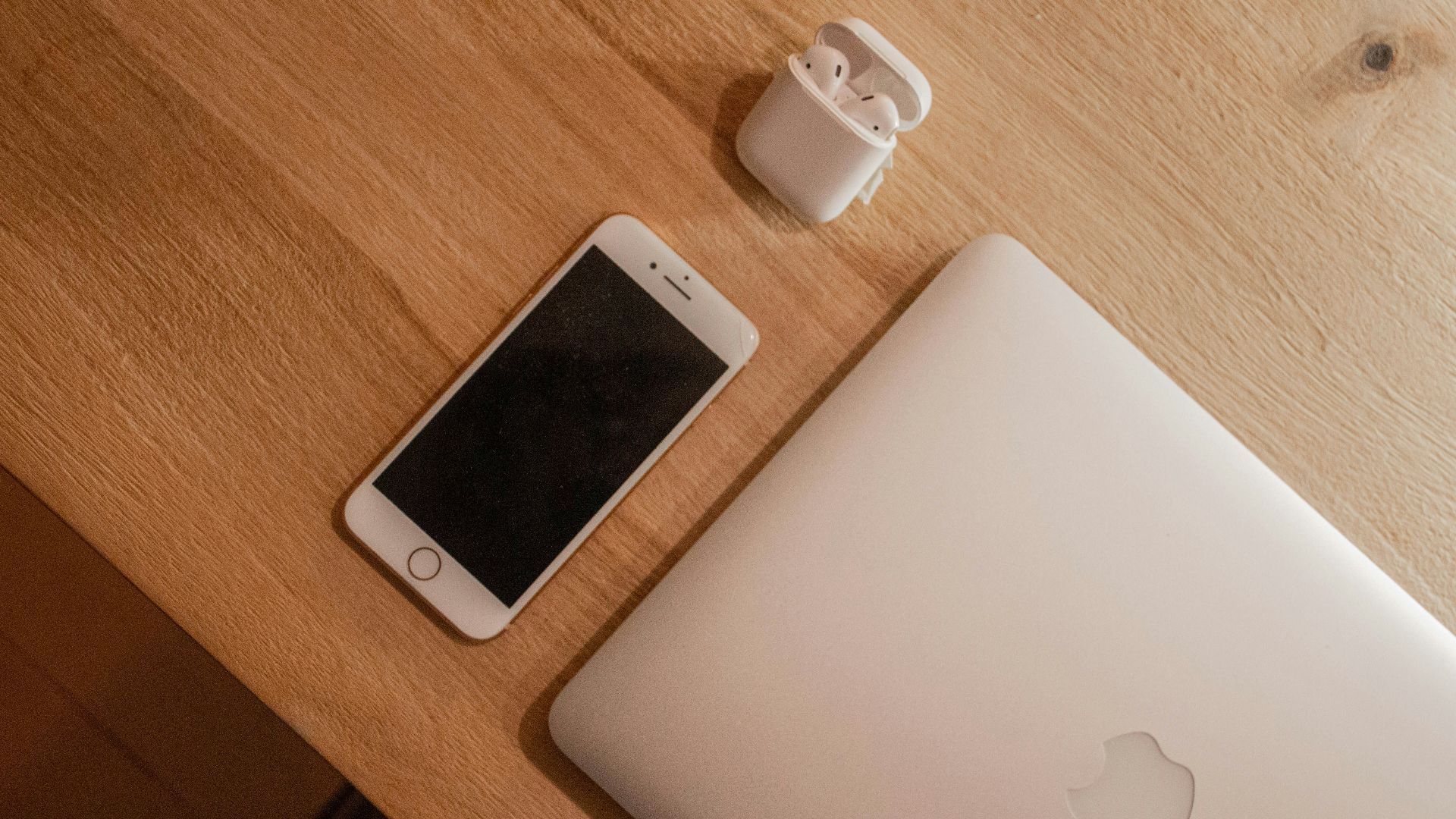When Motherhood Feels Too Heavy
Welcoming a baby is often described as pure joy—but for many new mothers, it's also confusing, lonely, and unexpectedly dark. Postpartum depression (PPD) affects more people than is openly talked about, and recognizing the signs is the first step toward healing. So, to help all mothers, we’re here to explain the emotional shifts that may signal something deeper and offer practical ways to reclaim your well-being.
1. Emotional Numbness
Instead of feeling overwhelmed with love, you might feel nothing. Not sadness, not joy—just a strange, flat sense of disconnection from your baby, your partner, even yourself. This emotional emptiness can be one of the most disorienting signs of postpartum depression.
2. Persistent Guilt Or Worthlessness
A nagging inner voice keeps whispering that you're failing at parenting or at everything. These thoughts may spiral into shame or self-blame, making everyday tasks feel unbearable. When guilt feels disproportionate or constant, take the hint.
3. Intense Irritability Or Anger
It's not always sadness. Sometimes, PPD shows up as snappiness, short tempers, or rage that erupts over small things. If you feel constantly on edge or easily provoked, especially around loved ones, your brain may be signaling more than just exhaustion.
4. Changes In Sleep That Go Beyond Baby
Yes, sleepless nights are part of parenting—but if you can't sleep even when the baby does, or you're sleeping too much and still feel exhausted, that could be a red flag. PPD often distorts natural sleep rhythms and deepens fatigue.
5. Intrusive Thoughts
Distressing thoughts that are sudden and feel out of character, like imagining harm coming your way, can be terrifying. These thoughts are more common than you'd think, and while they're not a reflection of who you are, they do deserve your attention.
6. Loss Of Interest In Things You Loved
That show you used to binge on? The food you craved during pregnancy? Now, they feel pointless. If nothing brings joy—neither hobbies, friends, nor even a walk outside—it could be a sign that your emotional state needs more than rest or time.
7. Overwhelming Anxiety Or Panic Attacks
It’s not just worry—it’s dread that won’t let go. Racing thoughts, chest tightness, or sudden panic can surface even during calm moments. If fear feels constant or irrational, and your body reacts with restlessness or physical symptoms, it could be anxiety tied to postpartum depression.
8. Withdrawing From Loved Ones
Phone calls go unanswered. Messages pile up. You might even avoid your parents, feeling misunderstood or beyond help. Isolation isn't just a symptom in this case—it can make PPD harder to recover from. If you're pulling away, it's essential to understand the reasons behind it.
9. Difficulty Bonding With Your Baby
Some parents feel a connection immediately. Others don't—and that's okay. But if the feeling persists or deepens into resentment, avoidance, or indifference, you don’t have to suffer silently. Struggling to bond doesn't mean you're broken—it means you need support.
10. Thoughts Of Harming Yourself
These issues are urgent, and they're not your fault. If your mind drifts to dark or dangerous thoughts, even fleetingly, it's time to seek immediate help. You're not alone, and professionals can guide you back to safety and healing.
If any of these symptoms feel familiar, know that help is possible and healing is real. Here are 10 ways to begin finding your way back to yourself.
1. Talk To A Professional
Therapists trained in postpartum mental health can offer tools to help you steer through this storm. Simply having someone validate your experience can lift the weight you're carrying, often more quickly than you'd expect.
2. Don't Downplay Medication
For some, therapy alone isn't enough. Antidepressants prescribed under medical supervision can help correct chemical imbalances and bring clarity. If the idea worries you, start with a conversation, not a commitment. Sometimes, biology needs a backup.
3. Lean On Someone You Trust
You don't have to tell everyone. Just one safe person—a friend, partner, sibling—can make all the difference. Being seen, heard, and held emotionally by a loved one softens the loneliness. Even saying, "I'm struggling," can open the door to real connection.
4. Prioritize Rest Without Guilt
The phrase "sleep when the baby sleeps" often feels like a joke, but even small rest moments matter. Let the dishes sit. Say no to guests. You're not lazy—you're healing. Sleep and quiet are part of your recovery toolkit now.
5. Nourish Your Body
Skipping meals or surviving on coffee and toast only adds stress. Postpartum bodies are still recovering and need fuel. Try to eat balanced meals, hydrate often, and consider supplements if recommended. When your body feels better, your mind often follows.
6. Join A Support Group
Hearing "me too" from other parents can be incredibly healing. Whether online or in person, support groups offer shared experiences, judgment-free empathy, and a reminder that you're not going through this alone. Having company can be your first step back to confidence.
7. Move Your Body Gently
You don't need a gym. A slow walk with the stroller or gentle yoga at home can help reset your mood. Movement releases endorphins (feel-good hormones), eases tension, and provides a sense of progress, even if your energy is low and your days feel heavy.
8. Set Tiny, Achievable Goals
Don't aim for a perfect to-do list. Instead, celebrate the little wins: brushing your teeth, making a sandwich, taking a five-minute shower. When everything feels hard, small goals like these rebuild momentum. Progress doesn't always need to be big to be real.
9. Limit Comparison Traps
Scrolling through highlight reels on social media can distort reality. That mom with perfect hair and matching onesies has rough days, too. So, step back from apps if they trigger guilt or inadequacy. Your journey isn't meant to look like anyone else's.
10. Always Ask For Help Without Apologizing
Help doesn't mean failure—it means you're human. Whether it's your partner, your parents, or paid support, accepting help with feeding, cleaning, or just holding the baby can lighten your emotional load. You don't owe anyone an explanation for needing a breather.




























